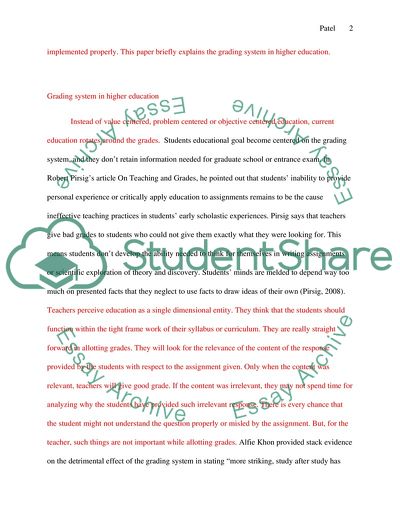Cite this document
(Good Students' Marks versus Real Knowledge Research Paper, n.d.)
Good Students' Marks versus Real Knowledge Research Paper. Retrieved from https://studentshare.org/education/1730902-higher-education
Good Students' Marks versus Real Knowledge Research Paper. Retrieved from https://studentshare.org/education/1730902-higher-education
(Good Students' Marks Versus Real Knowledge Research Paper)
Good Students' Marks Versus Real Knowledge Research Paper. https://studentshare.org/education/1730902-higher-education.
Good Students' Marks Versus Real Knowledge Research Paper. https://studentshare.org/education/1730902-higher-education.
“Good Students' Marks Versus Real Knowledge Research Paper”, n.d. https://studentshare.org/education/1730902-higher-education.


